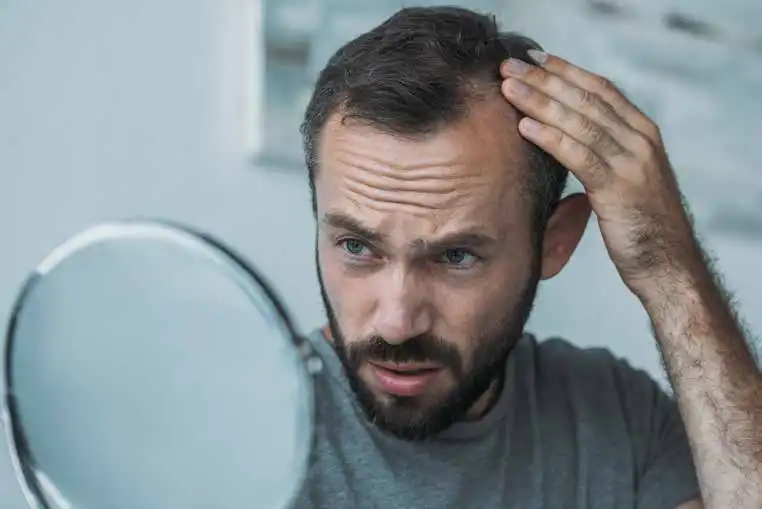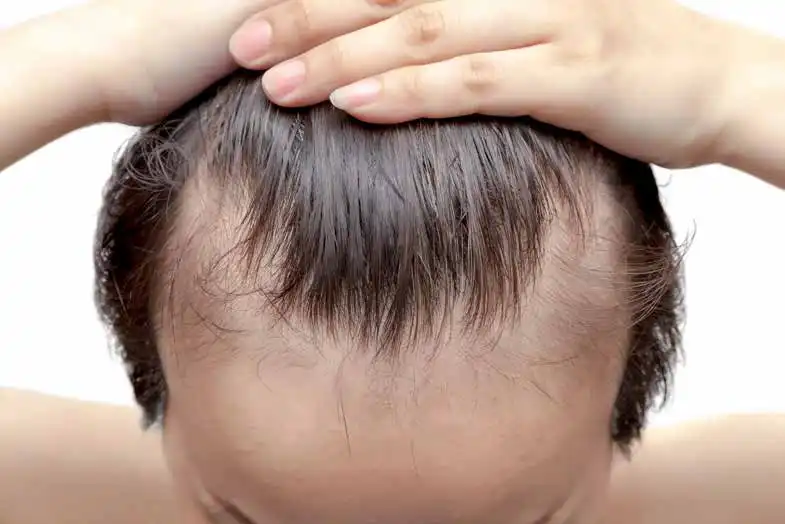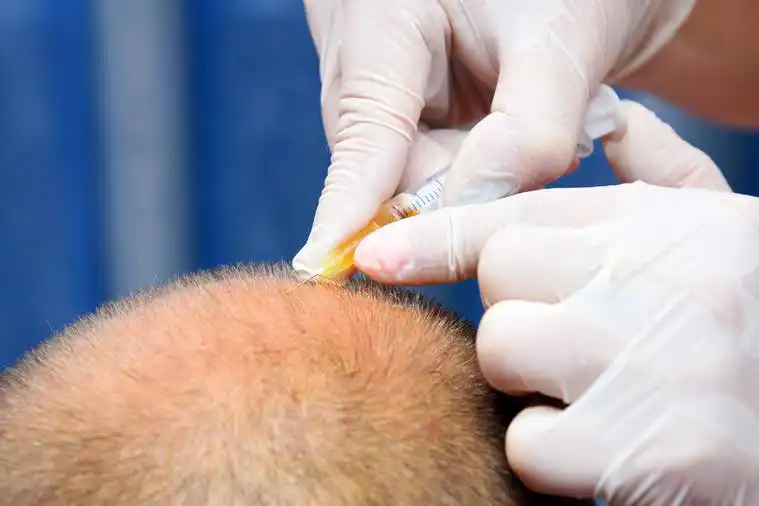Non-surgical treatments of hair loss
Today, only two medication available for hair loss are approved by the American Food and Drug Administration (FDA) and the Greek National Organisation for Medicines (EOF) for the treatment of androgenic alopecia or baldness. These are:
More tested and effective non-surgical treatments include:
- Dutasteride
- Low Level Laser Radiation
Minoxidil
Minoxidil has been used as a hair loss medication treatment for decades, and it has proven effective. It significantly contributes to the prevention of hair loss, mainly when applied during the early stages. Minoxidil also considerably enhances the results of FUE, mostly when used both before and after surgery.
Minoxidil appears to prolong the regenerative phase of the hair and increase blood supply to the scalp. Hair regrowth is more visible at the top of the head compared to the frontal areas. Continuous topical treatment is recommended over a period of time, as specified by the doctor administrating the treatment. Patients need to be aware that early termination of the treatment results in the same baldness pattern that was visible before the application of the medication.
Finasteride
Finasteride is administrated orally and is recommended for the treatment of male androgenic alopecia. It is known to inhibit the conversion of testosterone to dihydrotestosterone (DHT) and therefore decelerates the progression of the disease in men receiving treatment.
Although it has better results on the top of the head, Finasteride also increases regrowth in the frontal areas. Finasteride should be taken over time, as premature discontinuation results in gradual recurrence of hair loss.
Dutasteride
Dutasteride is another hair loss medication for the non-surgical treatment for androgenic alopecia. This medicine inhibits type I and II isoenzymes of 5-alpha reductase. It is believed to be three times more effective than Finasteride in the inhibition of type II enzyme and 100 times more effective in inhibiting type I enzyme.




